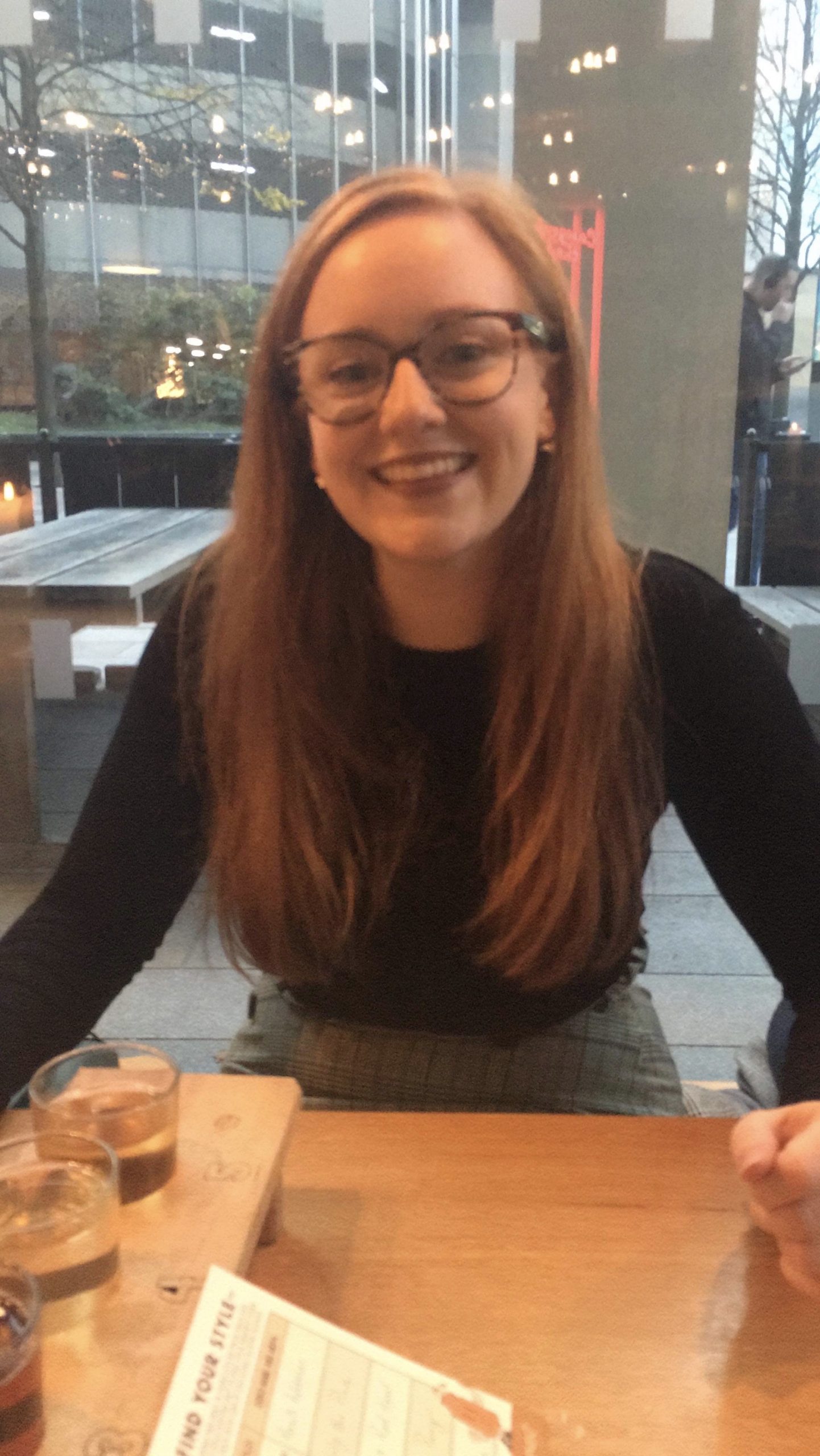
A final-year medical student studying at Cardiff University, Aisling Sweeney, has won a national competition designed to help medical students prepare for their future careers as doctors.
For the competition, jointly organised by the General Medical Council (GMC) and the Medical Schools Council (MSC), Aisling created a teaching workshop for students on the issue of speaking up, which is an important part of the lives of medical students and working doctors.
The workshop covers empowering activities to help medical students feel more confident about speaking up, and is based around the GMC’s and MSC’s Achieving good medical practice guidance, which states that medical students should speak up about:
• Patient safety issues when on placement.
• Unprofessional behaviour of peers and healthcare professionals.
• Their own, and their peers, health and wellbeing.
Aisling, aged 23, from Egham, Surrey said:
‘Taking care of others is the mainstay of being a doctor. I believe speaking up, when necessary, is imperative to not only patient care but to the health and wellbeing of ourselves and our colleagues too.
‘As medical students we should be encouraged to raise concerns, understand that we have permission to do so and know that we will be supported by the profession if we do.’
Almost 50 medical students from across the UK entered the competition which is now in its fifth year. Aisling won a £300 prize, and an opportunity to spend half a day shadowing Dr Henrietta Hughes, the Freedom to Speak Up Guardian for the NHS in England.
Professor Colin Melville, the GMC’s Medical Director and Director of Education and Standards, who was part of the judging panel, said:
‘It’s vital that medical students become comfortable with the process of speaking up whether about patient safety, a colleague’s behaviour, or their own health and wellbeing, as this is an important part of being a doctor.
‘But we know it isn’t easy. Which is why this competition is important. We want medical students and doctors to refer to our guidance to understand where they must speak out and when. There shouldn’t be any room for hesitation or ambiguity.’
Aisling created three short training sessions that tackle how uncomfortable the thought of speaking up might make a medical student feel and worked through this issue using the medical guidance for clarity, direction and reassurance.
Fellow panellist Clare Owen, Assistant Director of the MSC, said:
‘Year on year this competition gives us some fabulous entries full of thought and creativity. It’s very encouraging to see from this cohort of medical students as they move towards being practising, registered doctors.
‘We thought that Aisling’s entry stood out because of its attention and adherence to the GMC and MSC’s Achieving good medical practice guidance on speaking out and because the workshops really brought the subject alive.’


